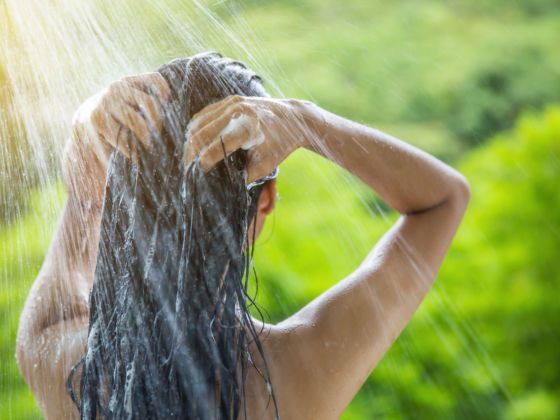This is The Climate Win, the most positive sustainability news around the world every week.
This week we look at sustainable alternatives to plastics and other disposable travel gear. Single-use plastic use is up during the coronavirus pandemic as businesses and citizens try to minimize physical contact with each other. But sentiment about single-use plastics continues to sour. In January, IBM and the National Retail Federation released data from a study showing that 69 percent of consumers in the United States and Canada prefer to buy products from brands viewed as sustainable. A third of those surveyed said they would stop buying a product if they viewed the producer as not in line with their belief system, and the same number stopped buying from at least one of their favorite brands in 2019 for the same reason.
